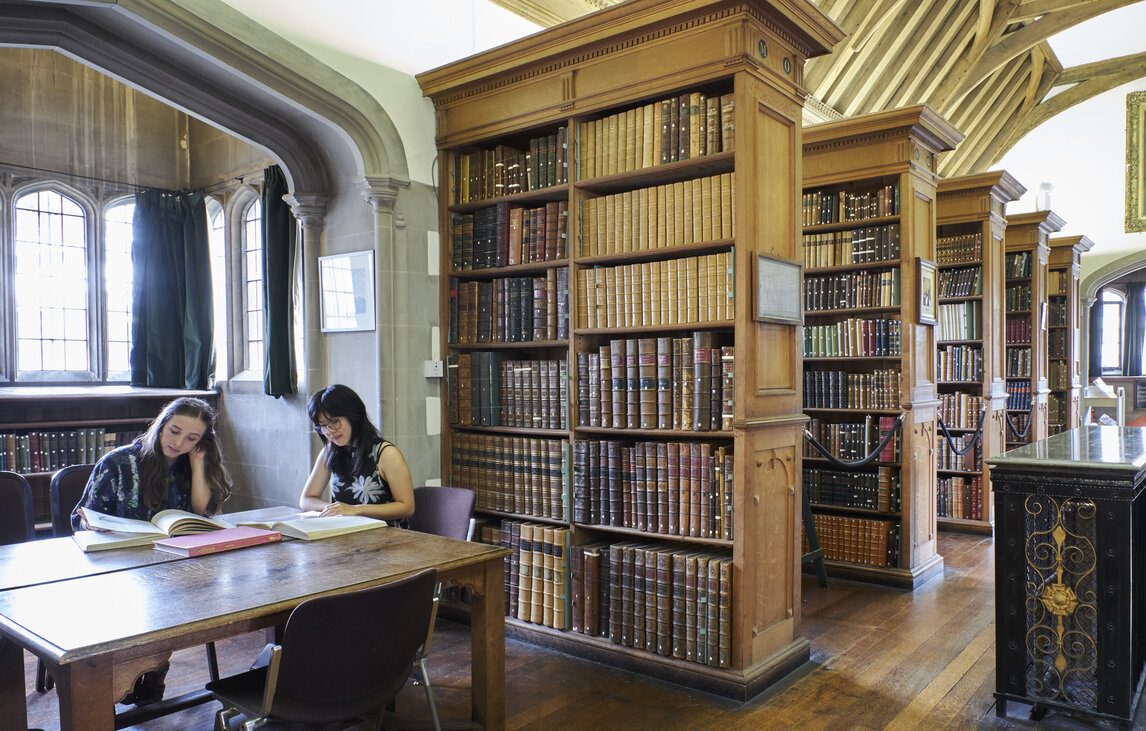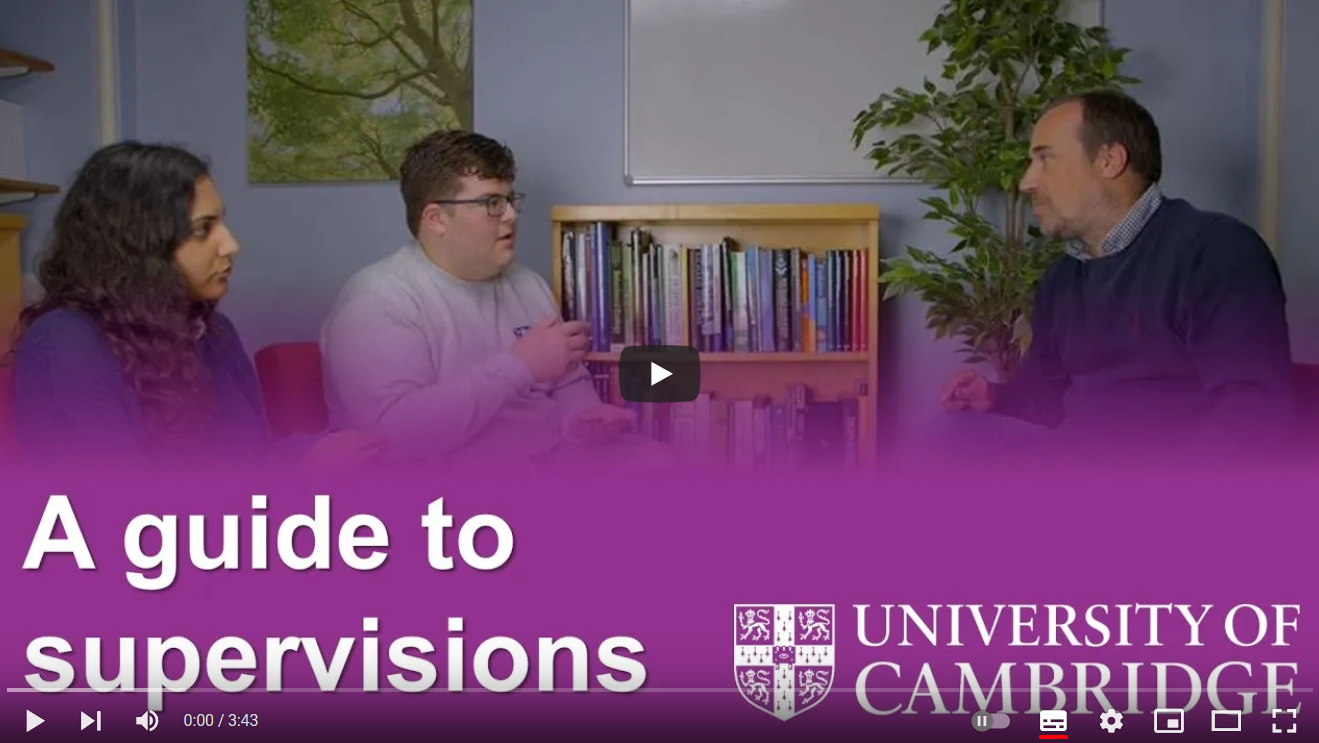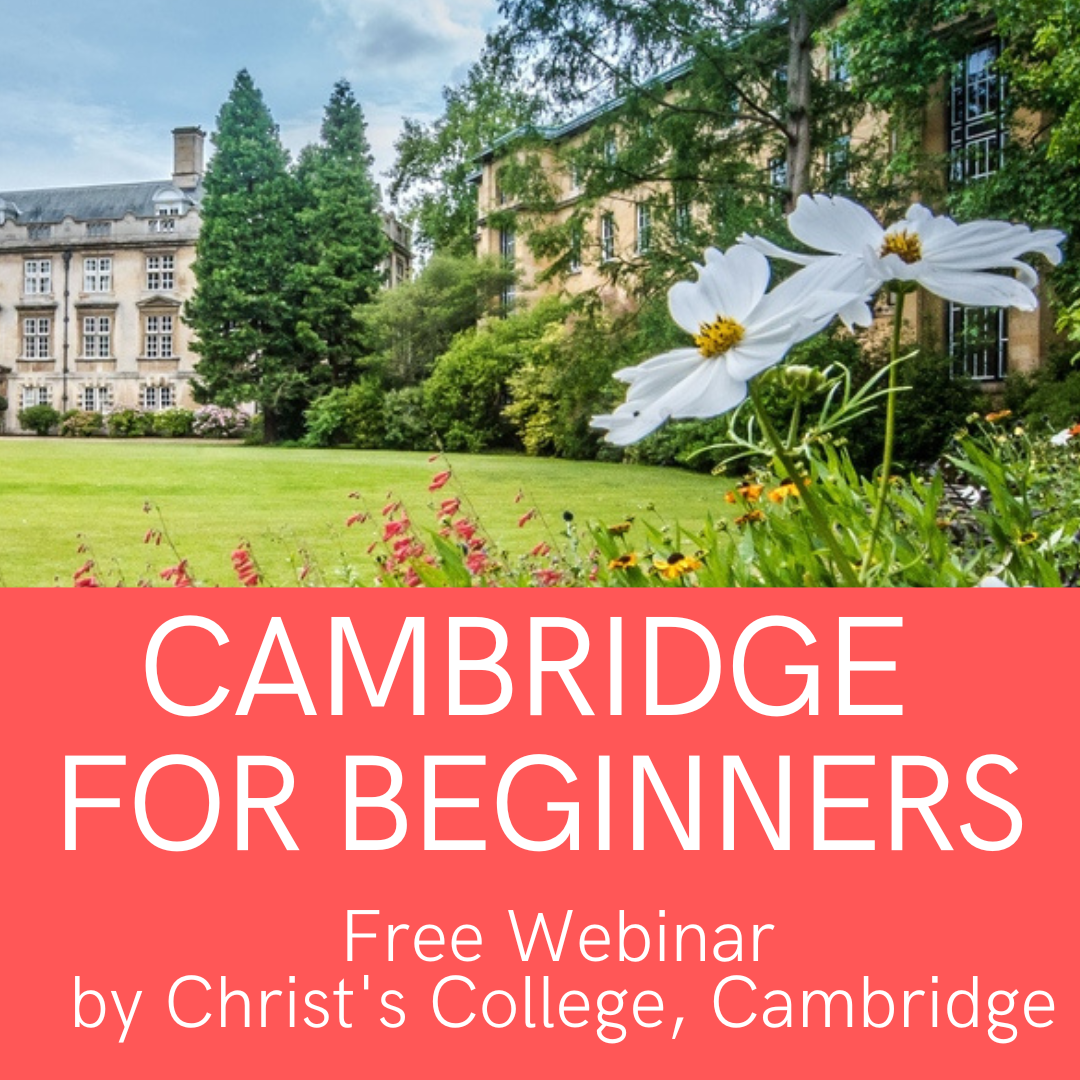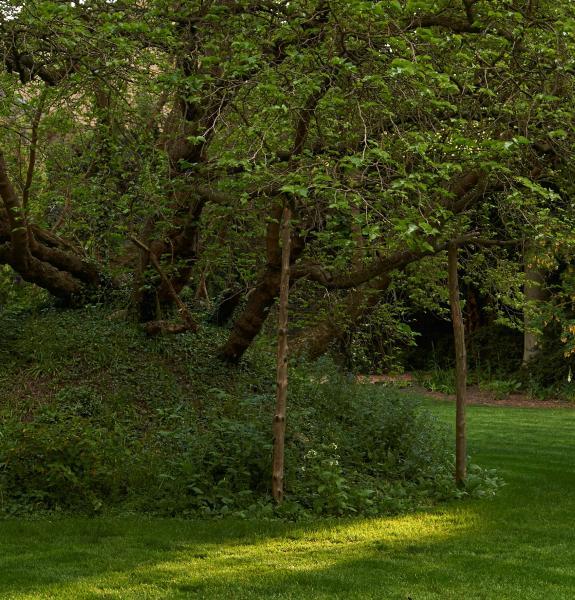
Christ’s has a long tradition in Asian and Middle Eastern Studies (AMES), formerly known as Oriental Studies.
Sir Ralph Lilley Turner MC, an English Indian languages philologist and well-known Orientalist, was elected Fellow of Christ’s in 1912, Honorary Fellow in 1950 and knighted for his many achievements. Thanks to his warnings that the forces lacked enough personnel trained in Asian languages during the Second World War, SOAS went on to train servicemen in Chinese and Japanese for intelligence work.
Christ's Old Library has eight Sanskrit manuscripts dating from the 18th and 19th centuries, plus a large collection of Arabic manuscripts, described in Edward G. Browne’s 1922 A Supplementary Handlist of the Muhammadan Manuscripts. We update our collection annually to meet current study needs.
Former Christ’s students have gone on to work in areas including journalism, television, management consulting, teaching and academia and the diplomatic service.
The AMES course (or ‘tripos’) is a four-year degree. It offers an intensive grounding in one or two of the major languages and cultures of East Asia or the Middle East. You don’t need to have prior knowledge of the languages – just imagination, perseverance and a strong sense of adventure! We offer:
> Arabic
> Chinese
> Japanese
> Hebrew (Biblical and Modern)
> Persian
Do explore the options carefully as there are opportunities to combine Arabic, Hebrew and Persian with each other or with a modern language, and there are options to study Korean, Hindi, or Sanskrit too. If you’re studying a modern language, you spend your third year abroad in a relevant country.
Please visit the University website for full details of the Asian and Middle Eastern Studies course content and structure, including the course film. In addition to language studies, the courses also cover history, literature, religion and a range of other subjects such as politics, economics, sociology, archaeology, or film, depending on the language being studied.
You will also find information on the AMES Faculty page for prospective applicants . If you have questions about the course content, please contact ug_progadmin@ames.cam.ac.uk.
NB: if you want to study Assyriology and Egyptology, please apply for Archaeology.
Christ's Director of Studies in Asian and Middle Eastern Studies is Prof Amira Bennison, who specialises in the history and culture of the Middle East. She guides you through your course and arranges your weekly teaching ‘supervisions’. These are individual or small group tutorial sessions that help you benefit from personally-tailored tuition.
Christ’s is close to the University Language Centre (which has resources in 180 languages) and a 17 min walk from the Faculty of Asian and Middle Eastern Studies on the Sidgwick Site where lectures and language classes take place.

I’m working in television now, at a small documentary production company in London specialising in Middle Eastern programmes. As an Assistant Producer my role is a mix of practical production organisation tasks, research and contributor outreach, and translation from Arabic to English. I began working in TV in 2017 after two years in finance, following a Fulbright-funded master's at Georgetown in Washington, DC.
How to apply
Visit How to Apply for full details and a timeline of the application process. We welcome applicants from all backgrounds and school types, all over the world. If you're applying from outside the UK, please read our international students section.
You should apply for Asian and Middle Eastern Studies (AMES) through UCAS. You’ll then be asked on the My Cambridge Application form to state which language(s) you wish to study.
Please note: If you want to combine AMES with a modern European language, your UCAS application should be for AMES. Those applying to combine an AMES language with a modern European language (French, German, Italian, Portuguese, Russian or Spanish) will need to upload a piece of written work and take an admissions assessment in late November if selected for interview. You do not need to register for this. Further information below.
You should be able to demonstrate some formal evidence of an aptitude for language-learning. If you apply for Arabic, Hebrew or Persian with a modern European language, you must study the European language at A-level, IB Higher, Scottish Advanced Higher or equivalent.
You do not need to have studied literature, thought or history in any formal way before. Many AMES students do have an A-level, IB Higher or comparable qualification in History, English Literature or the literature of another country or English Language. However, we are also happy to accept students who have taken Mathematics and other Sciences. For examples of common subjects taken by successful applicants, see the AMES course information, entry requirements tab.
We encourage you to attend one of our regular Subject Matters webinars for help with choosing Post-16 subjects for competitive university applications. This webinar is pitched for students aged 14-16 though it is also possible to attend when you have started sixth form.
Whether or not you will be asked to upload written work depends on which languages you are applying for.
If you are only applying for Asian and/or Middle-Eastern languages then you do not upload written work as part of the application process.
If you are planning to combine an AMES language with a European language (French, German, Italian, Portuguese, Russian or Spanish) then after we receive your application, we will ask you to upload ONE piece of work that you have written in the European Language that you plan to study at Cambridge. It should preferably be an essay on literary texts, history or philosophy. If you don't have anything on literary texts, history or philosophy, any piece of work in the European language you intend to study is acceptable. The work you upload should be work written during the normal course of your studies and already marked by a teacher. We publish full guidelines on written work in the Current Applicants section on 20 September each year, and the deadline for uploading your work will be in early November.
If we select you for interviews, these usually take place in early December. At Christ's we do all of our interviews online on Microsoft Teams, and you can have your interviews either at home (most applicants do this) or at school (if easier). The interviews normally last 35-50 minutes in total. At Christ’s, we split the time into two interviews with academics in Asian and Middle Eastern Studies.
Further, more general information about interviews (including two useful films) is available in the Cambridge interviews section, and it's worth also having a look at supervisions (short film here), as interviews are similar to what you do every week as a Cambridge student.
If you have applied to combine an AMES language with a modern European language, one of your interviews will be for the European language. You will be asked to read and think about a short text in the language (and perhaps some questions) shortly before the interview, and a discussion of this new material will then form part of the subsequent interview.
Assessment details are confirmed by July each year, but if you are selected for interview and your language choices combine an AMES language with a modern European language, we also ask you to take the MML Written Assessment towards the end of November (it won't be on the same day as your interviews: see the assessment info on our MML page). If this is relevant, we arrange your assessment automatically if you are selected for interview, so you don't need to register.
The Modern Languages Written Assessment lasts one hour. Information about the format and content of the assessment, as well as some sample questions, is available on the College assessments page by July each year. You complete the assessment remotely (you can complete it at home or at school) and upload your work - you will not need to travel for it. Details of how the assessment will work will be given to students selected for interview by email. There are sometimes changes to assessments from year to year - any changes are confirmed by the July before you apply.
If your language choice(s) do not include a European language then you will not have a written assessment.
Asian and Middle Eastern Studies is an increasingly popular subject but a relatively small department, with an average annual intake of 40 students across the University. At Christ's we don’t have fixed quotas for places but in AMES we aim to admit at least two students each year.
We define the terms of each offer individually, but the minimum offer for Asian and Middle Eastern Studies is
> A*AA at A-level
> 42 points overall in the International Baccalaureate with 7,7,6 in relevant Higher Level subjects
> A1, A2, A2 in three relevant Scottish Advanced Highers
You need to be academically ambitious: the majority of Christ's students arrive with higher grades than are required.
If you're taking another qualification, we expect you to be working at or close to the top of the mark range i.e.
> Baccalauréat français international (BFI): 17 (mention très bien) out of 20 overall, with a minimum of 17 in relevant subjects.
> European Baccalaureate: at least 85% overall, with 9/10 in relevant subjects
You can look up other qualifications in the offer levels for other exam systems and international entry requirements, and if you are applying from outside the UK please read the Christ's international students section for further information and check the country pages.
If you will have finished school when you apply, please also read about post-qualification applications, taking a gap year, and, if relevant, applying from a university and mature students.
| Reading lists | Click on the name of the department for a list of recommended books: |
| Enrichment website | HE+ Asia and Middle East |
| Cambridge University Language Centre | Open Courseware for Arabic, Chinese, Japanese |
| Resources for European Languages | If you plan to combine with a European language, please also see the resources section on the MML page. |
| Variety of materials online | The Wellcome Library including Arabic manuscripts and the Asian Collection. |
| Visiting a museum | If you are able to, you may like to consider visiting a museum with an East Asian collection. Examples of museums include the British Museum in London, the Fitzwilliam Museum in Cambridge, and the Ashmolean Museum in Oxford. |
| FutureLearn courses | Explore what is available. For example: Understanding the Complexities of Chinese Culture |
| Language tasters | The METIS collection of Language taster films includes Arabic, Persian and Mandarin Chinese. |
| CamGuides | Introducing the academic and information skills that you will need during your studies, as well as how and where you be working. |
Attend an Open Day / Webinar

Our open days and events page advertises regular online opportunities as well as events you can attend in Cambridge. Between February and August we run regular webinars:
> Subject Matters: The importance of post-16 subject choices
> Cambridge for Beginners
> Understanding Student Finance
> Personal Statements and preparing for an application
> Webinars for applicants outside the UK
For MML, see in particular
> College Open Days
> World of Words residential in March/April (eligibility criteria apply)
> AMES Faculty Open Days
> Christ's Online Subject Meetings in May
> Cambridge SU Shadowing Scheme (eligibility criteria apply)
> Sutton Trust Summer School (eligibility criteria apply)
For a fuller picture of what the course involves, take a look at Undergraduate Asian and Middle Eastern Studies admissions on the University website and visit the Faculty of Asian and Middle Eastern Studies too.
If you have any other queries at all, please contact us at admissions@christs.cam.ac.uk and we’ll be happy to advise.


